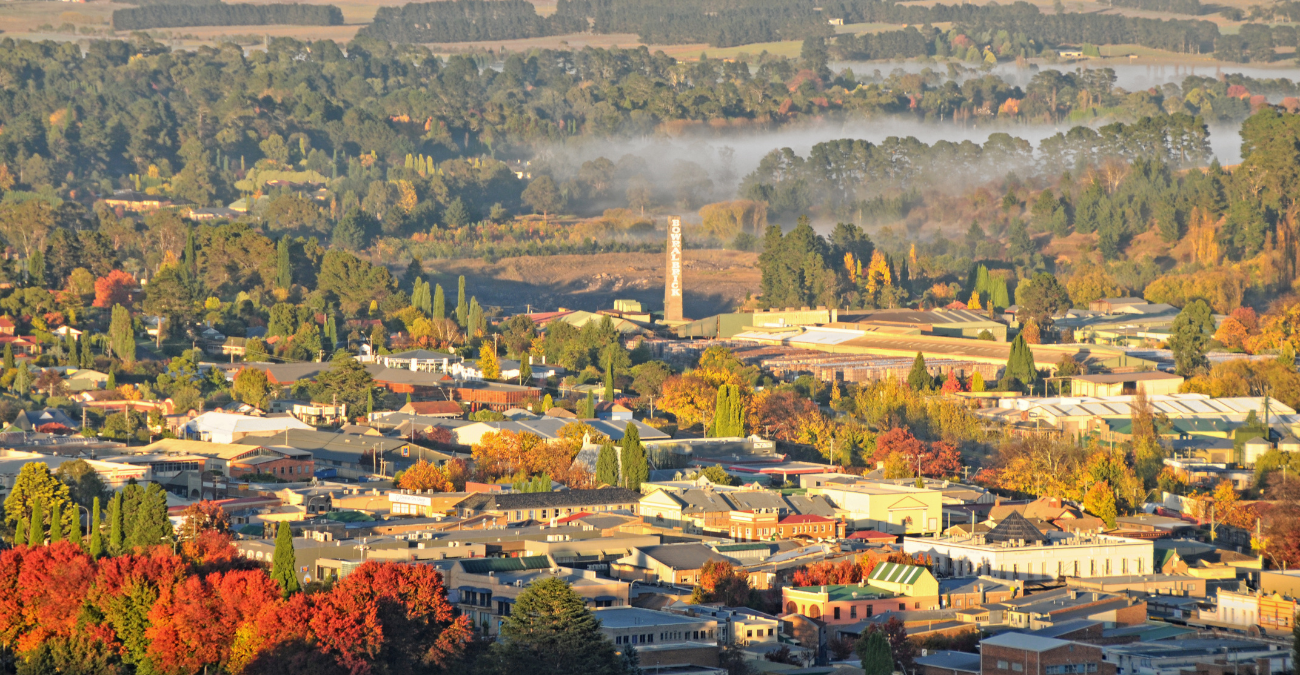
Together, there's a lot we can do to reduce the emissions of our community so let's put a plan in place! We want to hear from as many residents, local business owners, land owners and producers as possible, along with those in the industrial, commercial, waste and transport sectors, as we work toward a Community Emissions Action Plan (CEAP) for Wingecarribee Shire.
The Community Emissions Action Plan (CEAP) will outline a set of goals for reducing greenhouse gas emissions across our Shire.
Following-on from Council's action plan for reducing emissions arising from our own operations, the community-driven CEAP will encompass all other activities across Wingecarribee Shire.
What difference will this make? Reducing our community emissions is critical to address the effects of climate change which we are already experiencing across NSW. For 20 years now, NSW has experienced above average temperatures. In fact, the average annual temperature has increased, by as much as 1.4°C since 1910.
The number of days during the year when fire risk is heightened across our Shire has also increased, adding to the risk of bushfires.
At the other extreme, severe rainfall events Australia-wide have increased by 10% or more since 1979! Here in the Highlands, flooding emergencies have caused significant damage to property, infrastructure, crops and agricultural land in recent years.
"Looking to the future, we can anticipate even more hot days and fewer cold nights if we fail to take action,"
Community Emissions Snapshot
Ironbark Sustainability provided a snapshot of our 2020/21 community emissions with electricity usage accounting for 48%, followed by Industrial Processes and Product Use at 21%, transport 20%, agriculture 5%, gas 5% and waste 2%.
With their valued assistance and expertise, we will be running community engagement sessions to inform an effective Community Emissions Action Plan.
Council will strive to support the reduction of community emissions through advocacy, education and informative resources, installation of EV chargers, enhanced energy efficiency requirements for new builds and prevention of new gas lines, assisting local businesses to procure 100% renewable energy through a Power Purchasing Agreement (PPA), and partnering on initiatives such as community batteries.
Get involved in a face-to-face session, online session or take our survey






